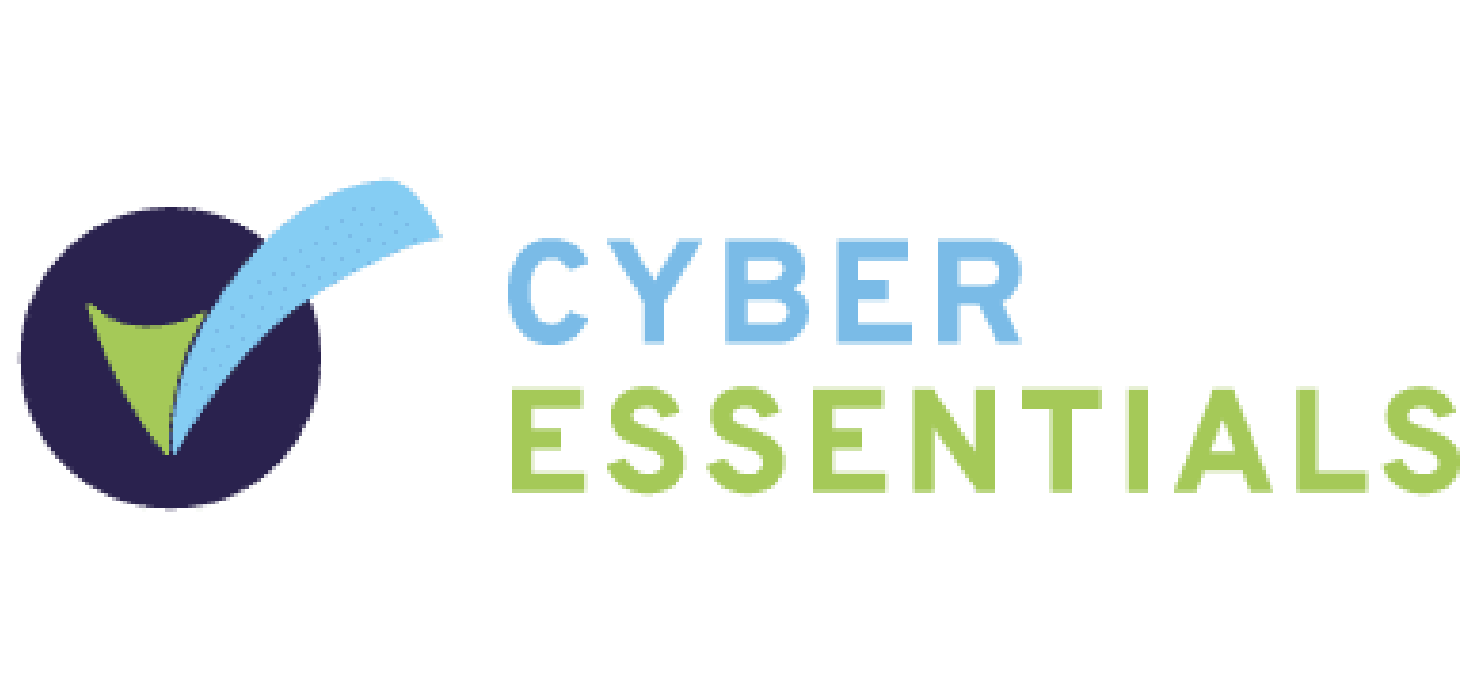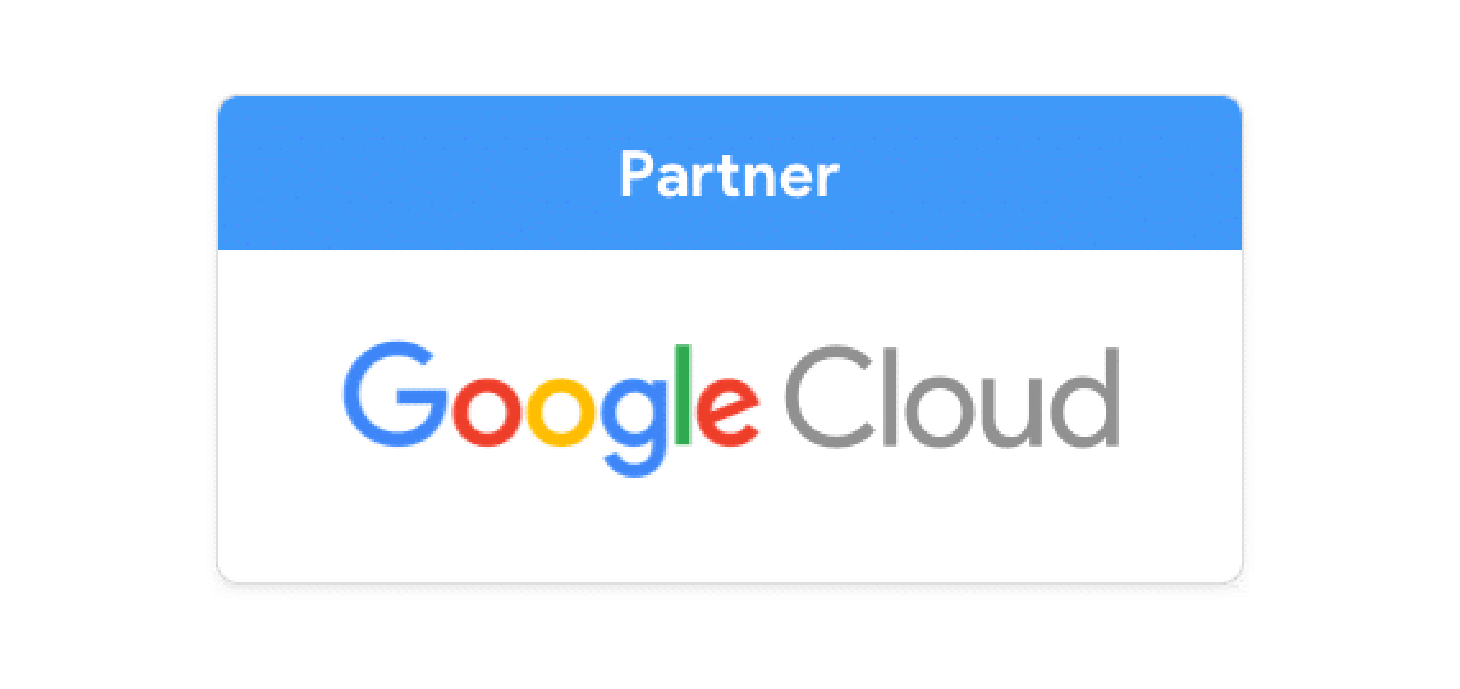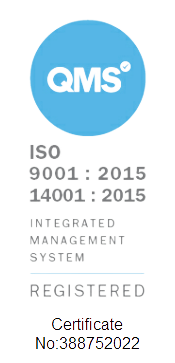
You’re on Google Workspace; you want to automate, create, or test-run an internal process. You may want a custom application, a data workflow, or a script to help you out with some spreadsheets. Google gives you three ways to make apps on Google; AppSheet (Nocode), Apps Script (Lowcode), and GCP (Procode).
- AppSheet (Nocode) allows users to build and deploy mobile and web applications without coding. Still, it may not be as flexible or customisable as other options.
- Apps Script (Lowcode) is a scripting language based on JavaScript, closely knit with the Google ecosystem, and can be used for creating custom functions and integrations, as well as building web applications and add-ons.
- GCP (Procode) offers powerful and flexible infrastructure services that can support a wide range of application workloads but requires a thorough understanding of programming languages, frameworks, and the services available on the Google Cloud Platform. It also comes at a higher cost compared to the other options.
Choosing between Nocode, Lowcode, and Procode depends on the application's complexity, the team's skills and size, and the budget available for your project.
In a nutshell
In the world of software development, there are many different approaches to creating applications. The three leading strategies are Nocode, Lowcode, and Procode. Each approach has advantages and drawbacks of its own. We'll go through these strategies in this article, their highlights, and which one might be the most appropriate for your project.
AppSheet

Google’s Nocode platform. Great for prototypes and processes that require basic ‘create, read, update, delete functionality’. (CRUD).
A surprising amount of applications are just fine being CRUD.
Not great for any application that has a lot of business logic.
Think of AppSheet as a Cessna 172; it can get you up in the air, but it won’t get you very far.
Apps Script

Google’s Lowcode platform. Easy to get started if you know the basics of programming and want to release things quickly. It can hold up a very complex application as long as you don’t have a massive user base or long processing times.
Apps Script is equivalent to a private jet; it can get you cross-state but has trouble crossing the Atlantic. Good luck trying to get a larger crowd on.
Also, a bonus - Apps Script is free if you have a Google account!
GCP

Google Cloud Platform is Google’s Procode application development offering. Spotify runs on GCP. PayPal runs on GCP. There’s no limit to what you can build on Google’s Cloud Platform. Building on GCP is the most expensive option.
GCP is equivalent to a fleet of commercial jets. It has no problem hauling as many people as long as you want, wherever you want.
You do have to pay for the privilege, though!
Why and when to use AppSheet?
AppSheet is a platform that allows users to build and deploy mobile and web applications without coding. It uses a drag-and-drop interface and a range of pre-built app templates, making it easy for non-technical users to create functional and customisable apps.
The biggest value proposition for AppSheet is the ability to add a very easy-to-use and easy-to-share user interface to a dataset. You can connect to various data sources, including spreadsheets, databases, and cloud storage services. This allows users to quickly and easily create apps that can access, manage, and analyse their existing data. Additionally, AppSheet offers a range of collaboration and sharing features, making it easy for teams to collaborate on app development and data management
AppSheet does have some limitations, however. Since it’s a no-code platform, meaning that it doesn’t have any custom programming, it may not be as flexible or customisable as you would like. Especially if complex business logic is required.
Although AppSheet is the easiest barrier to entry to making apps without code, it’s worth noting that there is still knowledge required. Basic data and spreadsheet knowledge is crucial for making applications.
Furthermore, the guard rails that AppSheet gives you with design means that your applications may not have the visual flair or customisation you require.
Why and when to use Apps Script
Google Apps Script is a scripting language based on JavaScript which allows users to easily execute code without having to spool up servers, deal with APIs or worry about scaling. It’s often used to create custom functions and integrations for Google Sheets, Docs, Slides, Forms, and other Google products, as well as to build web applications and add-ons.
Fun fact - whenever you make a macro on Sheets, it’s actually an Apps Script that gets generated!
One of the major benefits of Google Apps Script is its close integration with the Google ecosystem. This allows users to easily access and manipulate their Google data and extend the functionality of their Google products. Additionally, the use of JavaScript as the underlying language makes it relatively easy to learn and use for developers familiar with it.
Google Apps Script can also be used as a backend for a web application. You can serve HTML with it, and create API endpoints on it. Note, though, that there are limitations with concurrency - so if you are anticipating a lot of users - look toward GCP.
Since Apps Script is focused on the Google ecosystem, it may not be as versatile as other scripting languages that are not tied to a specific platform. Additionally, the platform can be somewhat complex and can require a learning curve for users who are brand new to programming. Furthermore, the lack of robust debugging tools can make it difficult to troubleshoot and fix errors in scripts.
Why and when to use GCP
Application development on Google Cloud Platform (GCP) refers to the process of creating and deploying applications on GCP using the suite of tools and services provided by the platform. This includes tools for app development, testing, deployment, and management, as well as a range of infrastructure services such as compute, storage, and networking.
One of the major benefits of developing applications on GCP is the scalability and reliability of the platform. GCP offers powerful and flexible infrastructure services that can support a wide range of application workloads, and its global network of data centres ensures high availability and low latency for users. Additionally, GCP offers a range of tools and services that can help developers quickly and easily build and deploy their applications, including managed services for common tasks such as data storage and computing.
The platform can be complex and requires a steep learning curve, especially for users who are new to cloud computing. Finding talent that can spool up cloud infrastructure is hard and expensive. Additionally, the cost of using GCP can vary depending on the specific services and resources used and can potentially be quite high for resource-intensive applications. Furthermore, the lack of support for certain programming languages and frameworks can limit the platform's flexibility for some developers.
So ok… Where do we go from here? Picking the right tools is crucial, it also depends on What are you trying to achieve? Is this app going to be used by a team or company? How big is the company? Is this app going to be used by thousands?
The complexity of an application can also play a role in determining the most appropriate approach to use for its development, such as choosing between Nocode, Lowcode, and Procode.
For relatively simple applications that do not require a lot of custom functionality or integration with external systems, a Nocode platform may be a suitable choice. This can allow you to quickly and easily create functional apps without having to invest a lot of time and effort into development. Additionally, no-code platforms can often provide a range of pre-built templates and components that can be used to accelerate the development process.
For more complex applications that require a higher level of customization and integration, a Lowcode platform may be a better choice. This allows you to leverage coding skills to build more sophisticated and feature-rich applications, while still benefiting from the productivity and simplicity of a Lowcode platform, such as not having to manage servers, worry about scaling or incurring costs.
For applications that have very specific and complex requirements or that need to be highly scalable and performant, a Procode approach may be necessary. This can give the development team complete control over the application and its underlying code, allowing them to optimize every aspect of its design and implementation. However, this approach can require a greater investment of time and effort and may not be suitable for teams with limited experience or resources.
Take inventory of your skills
Skills unlock these three tiers
Do you have a development team? You’ve unlocked GCP. 🔓
Do you have a team that’s savvy with macros and spreadsheets? You've unlocked Apps Script. 🔓
Do you have a team that doesn’t have much data or development experience? You’re probably going to want to start with AppSheet. 🔓
The skill level of a team can play a significant role in determining the most appropriate approach to use for your use case.
A team with little or no experience in coding may be better suited to using a Nocode platform, which allows them to build and deploy applications without the need for programming. This can help reduce the learning curve and enable the team to quickly and easily create functional apps without investing a lot of time and effort into learning a new skill.
On the other hand, a team with some experience in coding may be better suited to using a Lowcode platform, which allows them to leverage their existing skills and build more complex and customized applications without having to learn application deployment practices and architecture considerations. This can help to maximize the team's productivity and enable them to create more sophisticated apps that are tailored to the specific needs of their project.
A team with advanced coding skills and software engineering skills will be better suited to using a Procode approach, which allows them to have complete control over the development process and build applications using traditional coding techniques. This can enable the team to create highly customized and scalable applications that can handle a wide range of requirements and use cases. However, this approach will require a greater investment of time and effort and may not be feasible for teams with limited experience or resources.
Take inventory of your budget
Do you have money to burn your employees time learning Apps Script or AppSsheet? Can you invest in a partner to make an application for you? Do you have money for a contractor?
Your budget also plays a big role in determining the approach you can take in developing your applications.
The Nocode approach is often the most budget-friendly option, as it eliminates the need to hire a developer or invest in expensive development tools. There is a cost associated with the platform, though ($5 per user/month for AppSheet), meaning that a larger user base will increase your costs. There’s a very important thing to note though: to maximise your investment, AppSheet allows you to create as many apps as you want. This, in turn, means that the more apps you create and use, the more efficient you become. This scenario is ideal when you have many internal processes that you wish to streamline and automate.
If you decide that a Lowcode platform is the way to go, then we’ve got some good news for you. Developing on Apps Script is entirely free, as long as you have a Google Account (not necessarily Workspace, a free Google Account is enough). That being said, although using Apps Script can be a more cost-effective option than hiring a developer, you may still require some investment in terms of training and learning resources.
Procode development on Google Cloud Platform (GCP) is a more advanced and complex method for creating applications. It requires a thorough understanding of programming languages, frameworks, and GCP services. This approach may require a team of experienced developers or a significant investment in hiring new talent. Additionally, development tools and infrastructure can also come at a high cost.
However, it should be noted that GCP offers new customers $300 for testing, and many of its products have free tiers and development modes which can be used to create prototypes before committing to a full-scale project. Furthermore, you can optimize your GCP bill by making use of the different knobs and sliders offered by GCP.
If you've read this far, you know all the facts. What are you waiting for? If you still think you need a little guidance, we have our own developers that can work with any of the three technologies. Drop your email below, and we can have a chat about your requirements.







